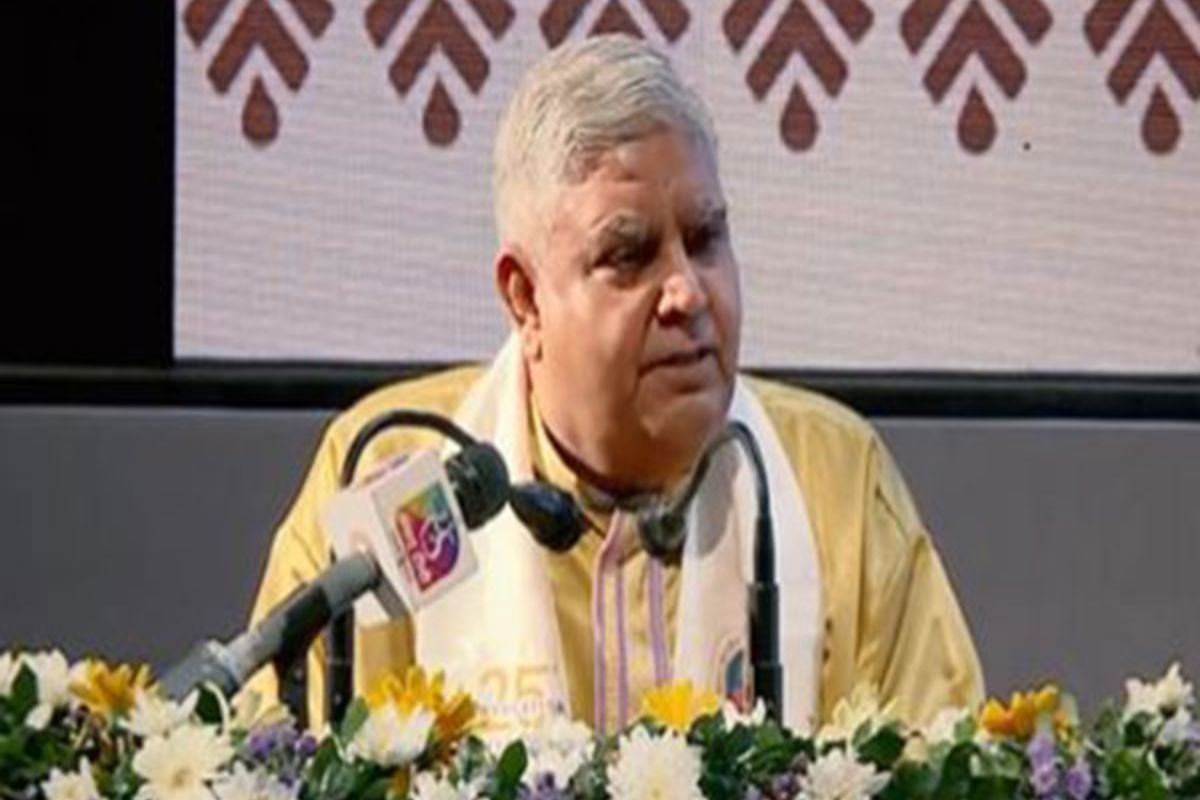Vice-president Jagdeep Dhankar on Tuesday emphasised that the Uniform Civil Code (UCC) will bind ”Bharat & its nationalism” more effectively, and cautioned that “any further delay in its implementation will be corrosive to our values.”
Addressing the 25th convocation of IIT Guwahati, he stressed that Directive Principles of State Policy (DPSP) were ‘fundamental in governance of the country’ and it’s the duty of the state to make them into rules.
Advertisement
Mentioning that many DPSPs e.g. panchayats, cooperatives & Right to Education have already been translated into law, he underlined that it was time to implement Article 44 of the Constitution.
Cautioning against the attempts to tarnish the image of India and “frequent orchestration of anti-national narratives”, Dhankhar stressed, “It is high time choreographers of anti-Bharat narrative orchestration are effectively rebuffed.”
The vice-president also pointed out that “no foreign entity can be allowed to tweak with our sovereignty and reputation.”Describing India as the oldest, largest, most functional and vibrant democracy that is giving stability to global peace and harmony, he stressed, “We cannot suffer dent on our flourishing and blossoming democracy and constitutional institutions.”
Noting that there is zero tolerance to corruption now, he called for making a corruption-free society. “Corruption is anti-democratic, corruption is poor governance, corruption runs down our growth… a corruption free society is the safest guarantee to your growth trajectory,” he said.
Dhankhar also expressed his disapproval of some people “taking to streets rather than taking recourse to lawful process” when they were held up for corruption.
He also asked the students to take pride in being Indians and its historical achievements. He also wanted them to be committed towards economic nationalism and refrain from making fiscal gains at the cost of the nation and nationalism. He also reminded students the valuable words of visionary personality Dr. B R Ambedkar – “You should be Indian first, Indian last and nothing else but Indians.”









